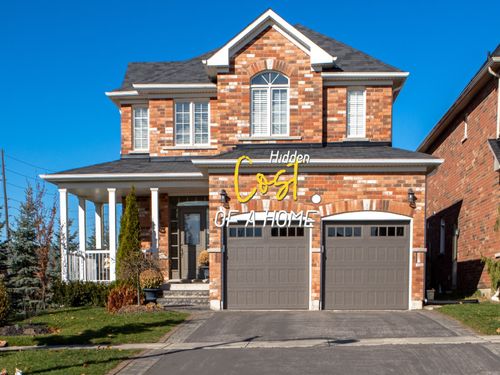Sleeper Costs: Planning for additional costs of homeownership
Feb 25, 2022 · 2 mins read
0
Share
Low interest rates, remote work allowing professionals to flock to mid-tier cities, and the rising cost of rent mean more and more people are entering the real estate market. Bids are going sky-high. But it's important to remember to factor in sleeper costs before bidding.
Save
Share
Sleeper costs are all of the costs associated with buying a home other than the mortgage or realtor fees. Some hidden expenses are routine and can be planned in advance. Others are unpredictable and can pop up at any time.
Save
Share
Property taxes can range from .5% to over 3%. These taxes go towards paying for schools, parks, emergency services and more. Your assessed home value determines how much you pay. Taxes can be raised (or, rarely, decreased). The payments are usually made from an escrow account.
Save
Share
Homeowners associations (HOAs) also require regular fees. They vary widely and greatly depend on how many amenities your neighborhood (or building, in the case of condos,) provides. Private parks, landscaping, security services are all factors.
Save
Share
Sometimes insurance is bundled in with mortgage payments. But be sure you are well covered. A standard homeowners insurance policy provides coverage to repair or replace your home and its contents in the event of damage. That usually includes fire, theft, or routine weather.
Save
Share
Insurance doesn't usually cover failures of major systems caused by usual wear or age. If a large branch falls on your roof, it may be covered. If your roof is simply old and leaking, it won't be covered. The same can be said for plumbing, HVAC, and electrical systems.
Save
Share
Keeping up appearances costs a bundle. Many neighborhoods require you to keep landscaping neat and the exterior in good repair or face penalty fees. Many homebuyers are also moving into larger homes than they were in previously. Furniture can be an unaccounted for expense.
Save
Share
When people think about saving for a home, they only consider the mortgage payment. Create a separate sub-fund to pay for all the additional expenses you'll incur. It greatly depends on the condition of the house, but put away at least 2% of the mortgage amount towards repair.
Save
Share
0
